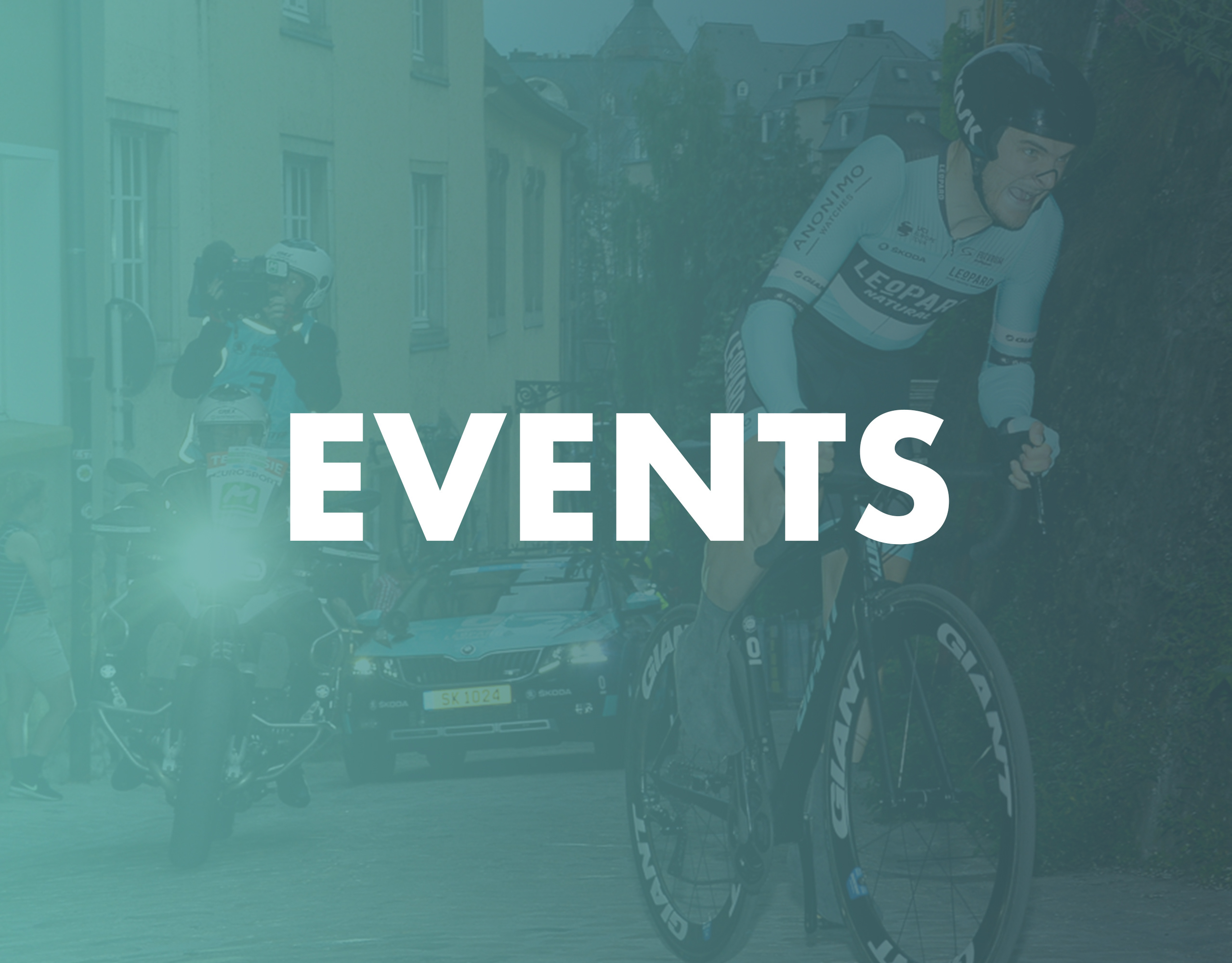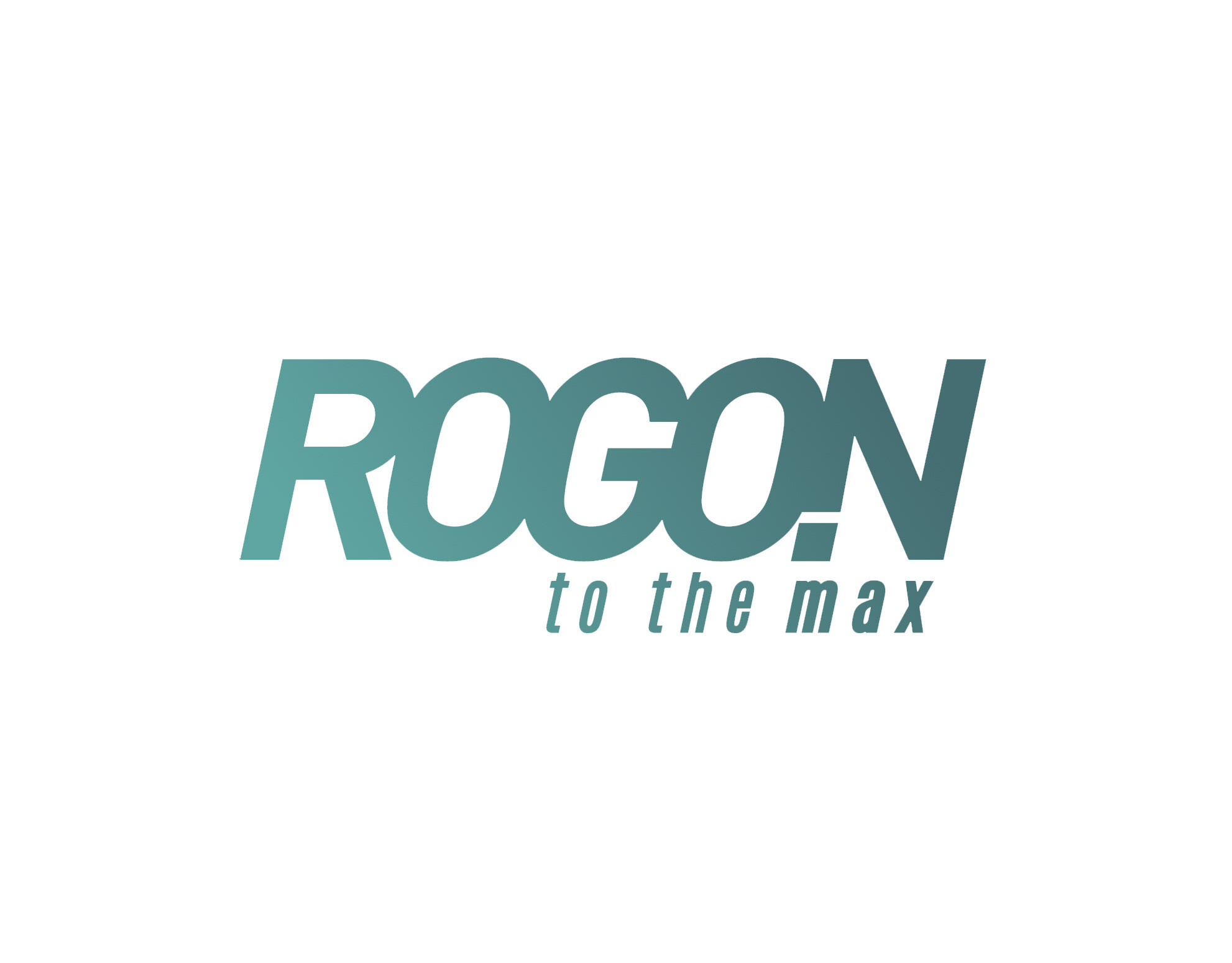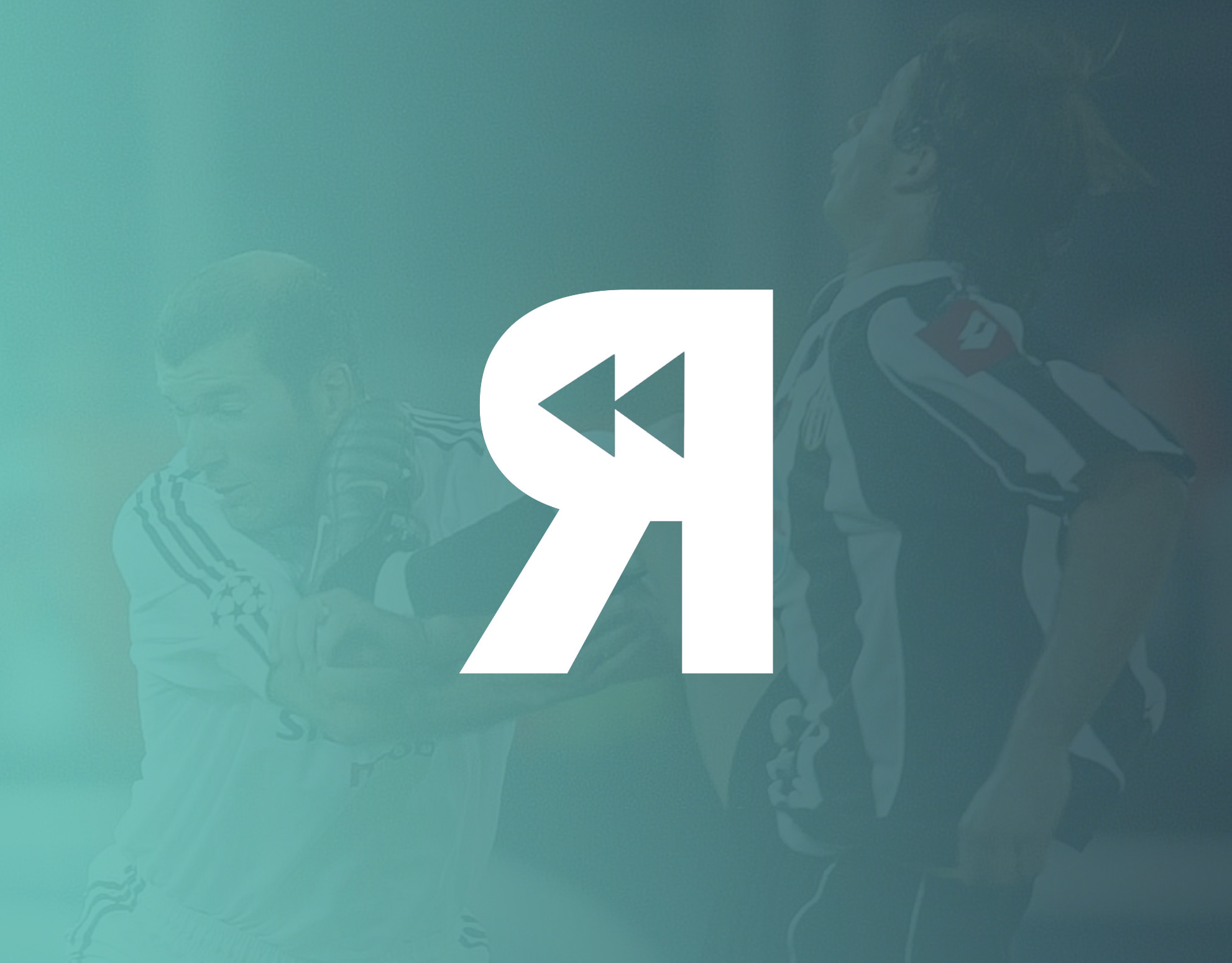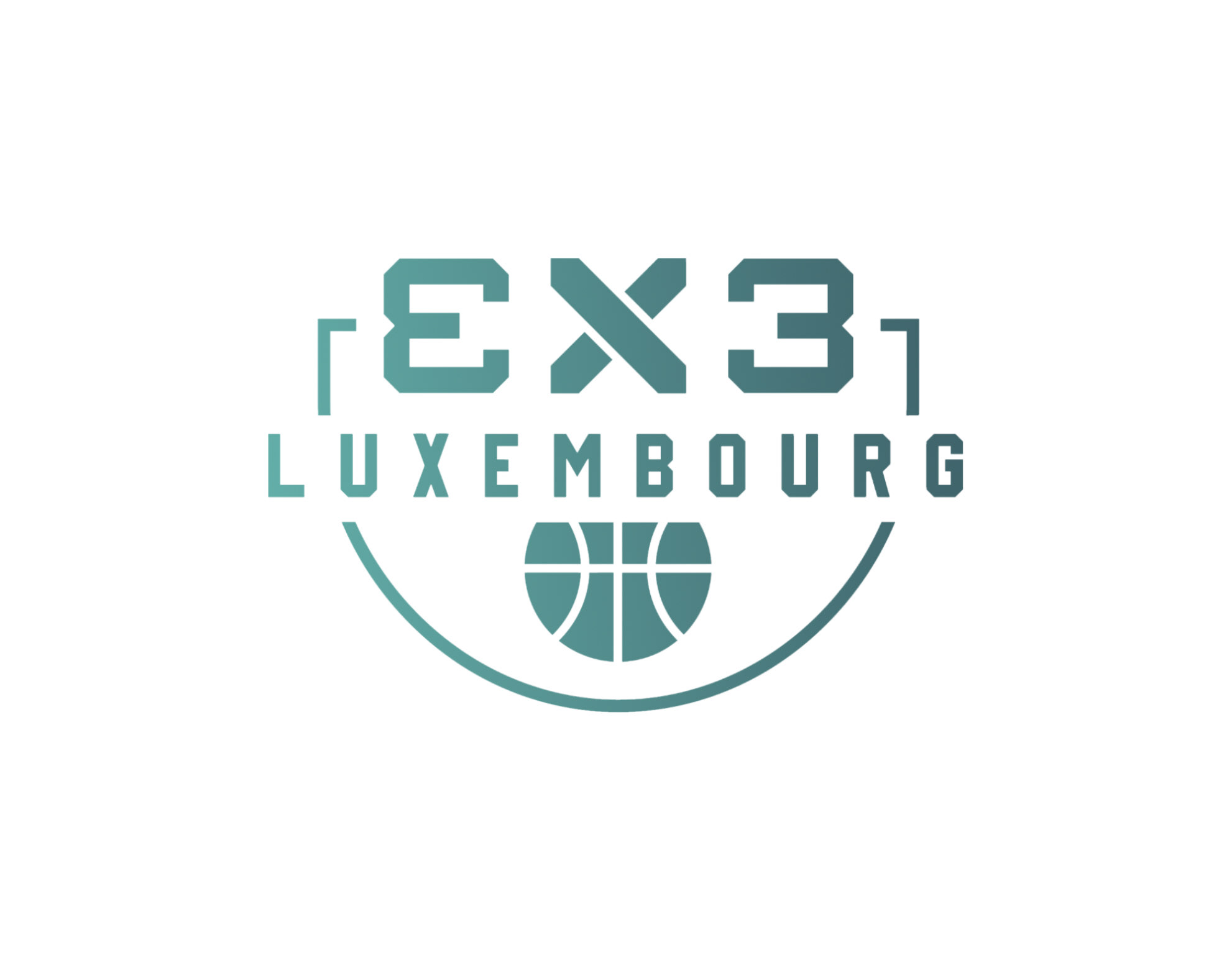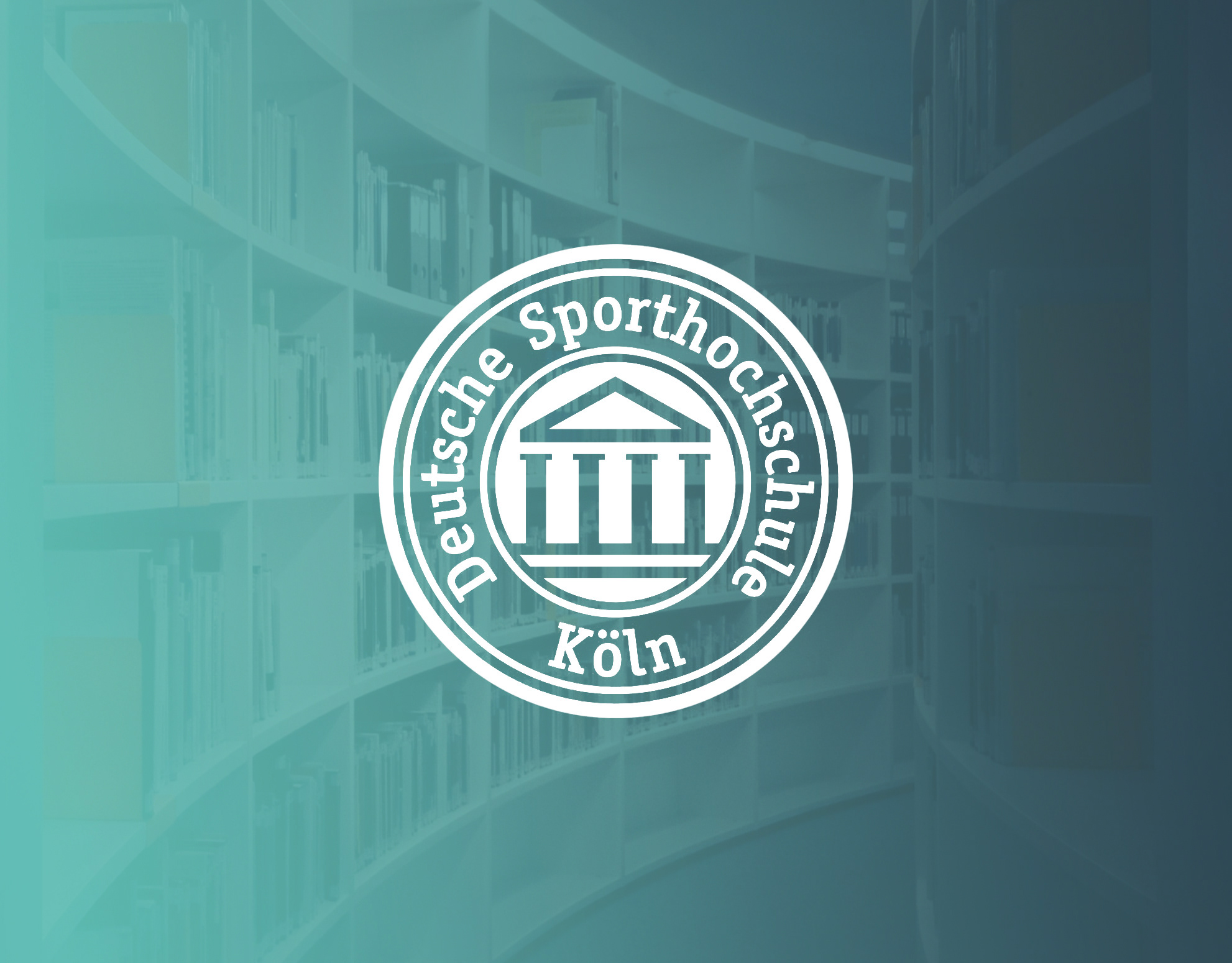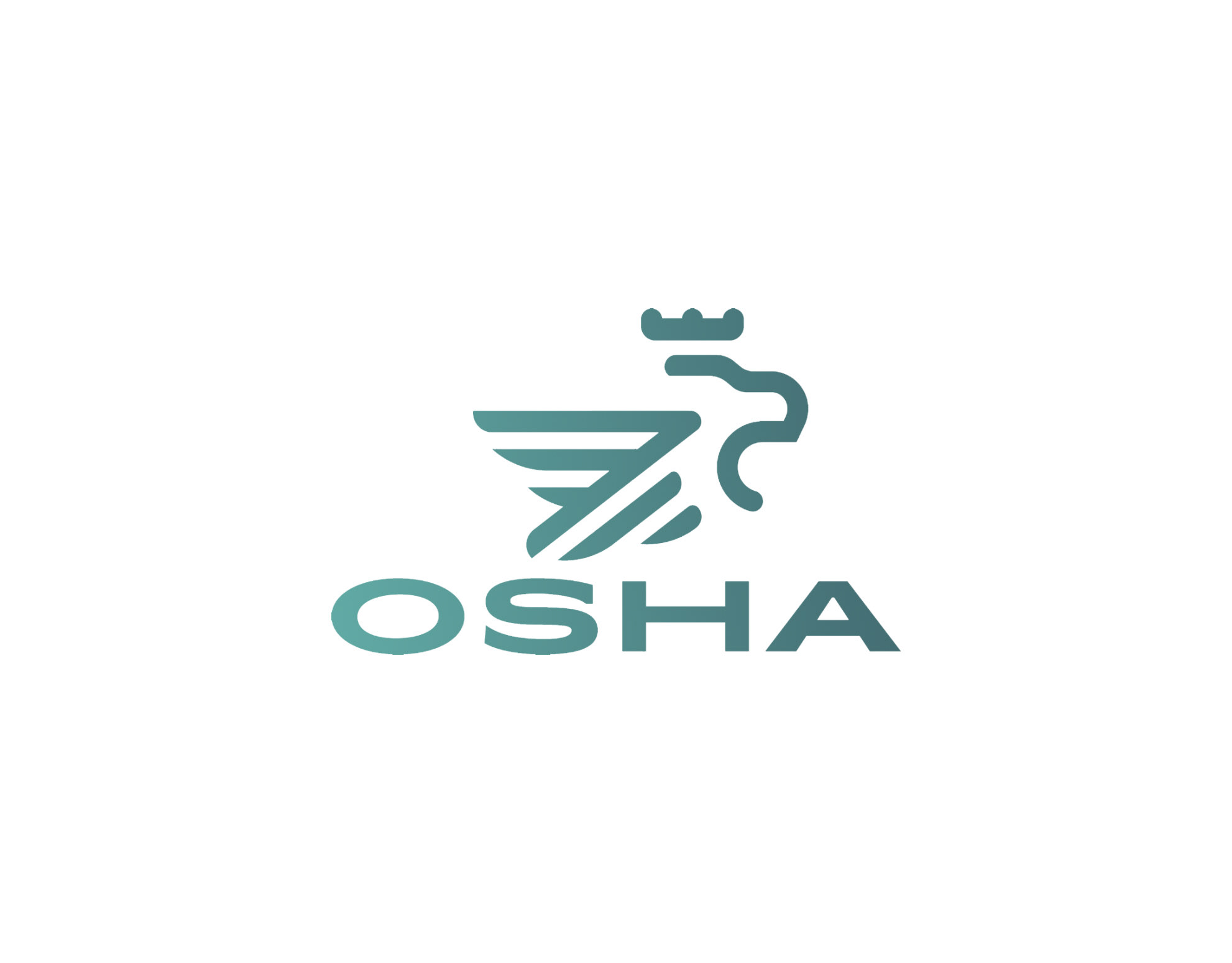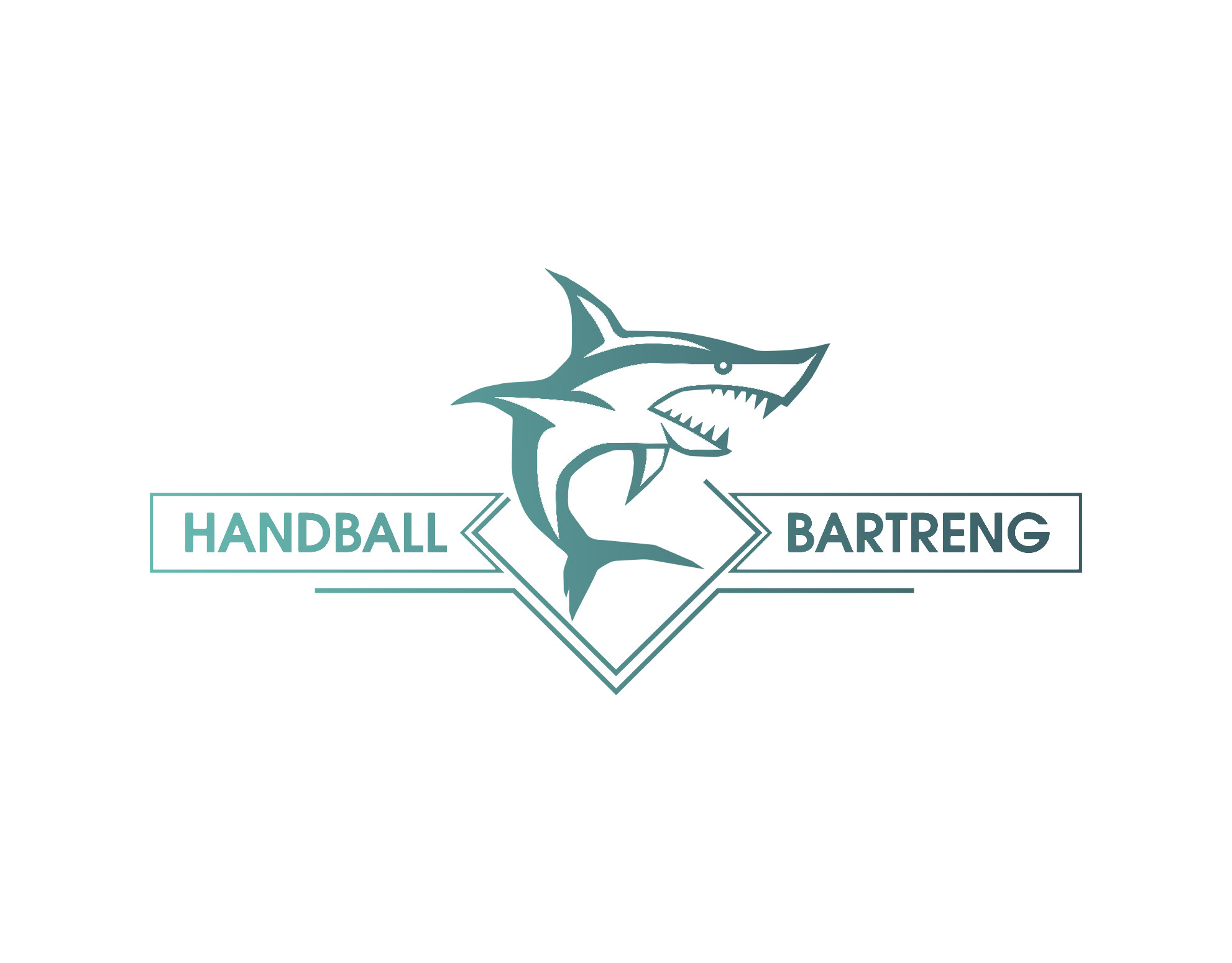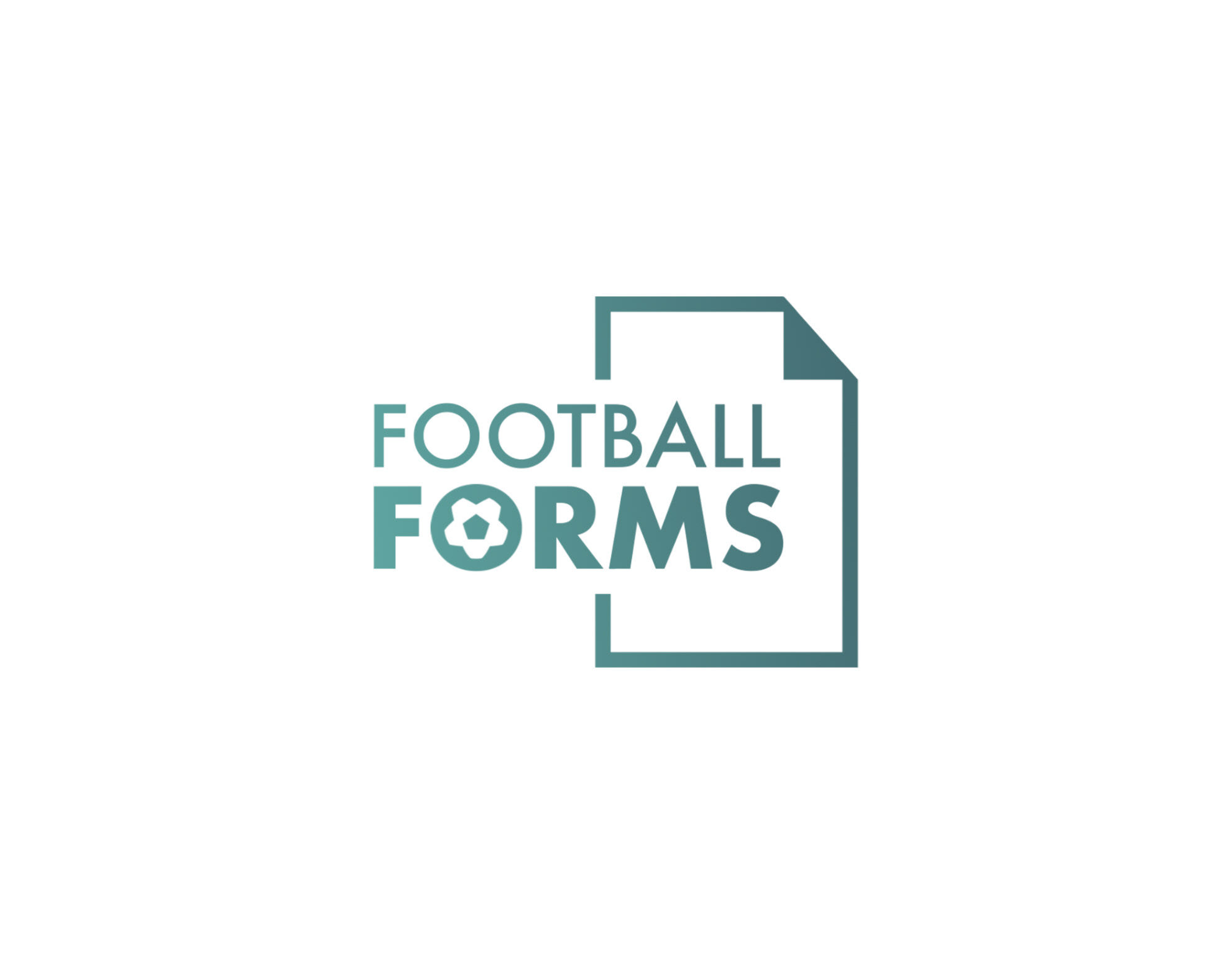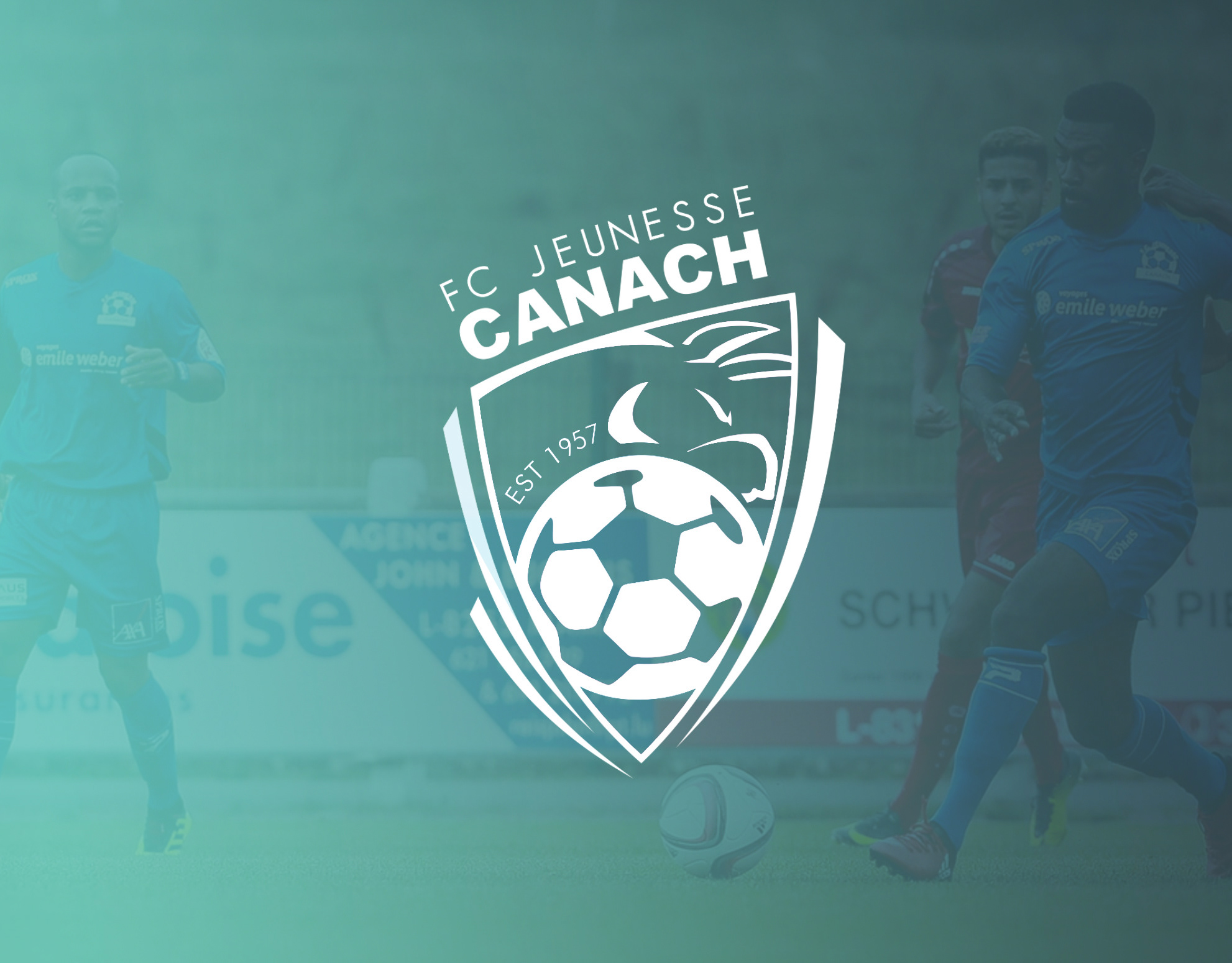Background:
In late 2020, I started an online business selling football shirts from around the world in mystery boxes. I’ve always felt that building a successful e-commerce business seemed rather straightforward. To try and back this claim up, I decided to test my own skills by challenging myself to build a fully functional e-commerce business from the ground up, a decision that allowed me to work with European top clubs and gain deep insight into digital marketing, social media, partnership management, and much more...
Skills:
• Entrepreneurship
• Project Management
• Digital Marketing
• Social Media Management
• Graphic & Web Design
• Partnership Management
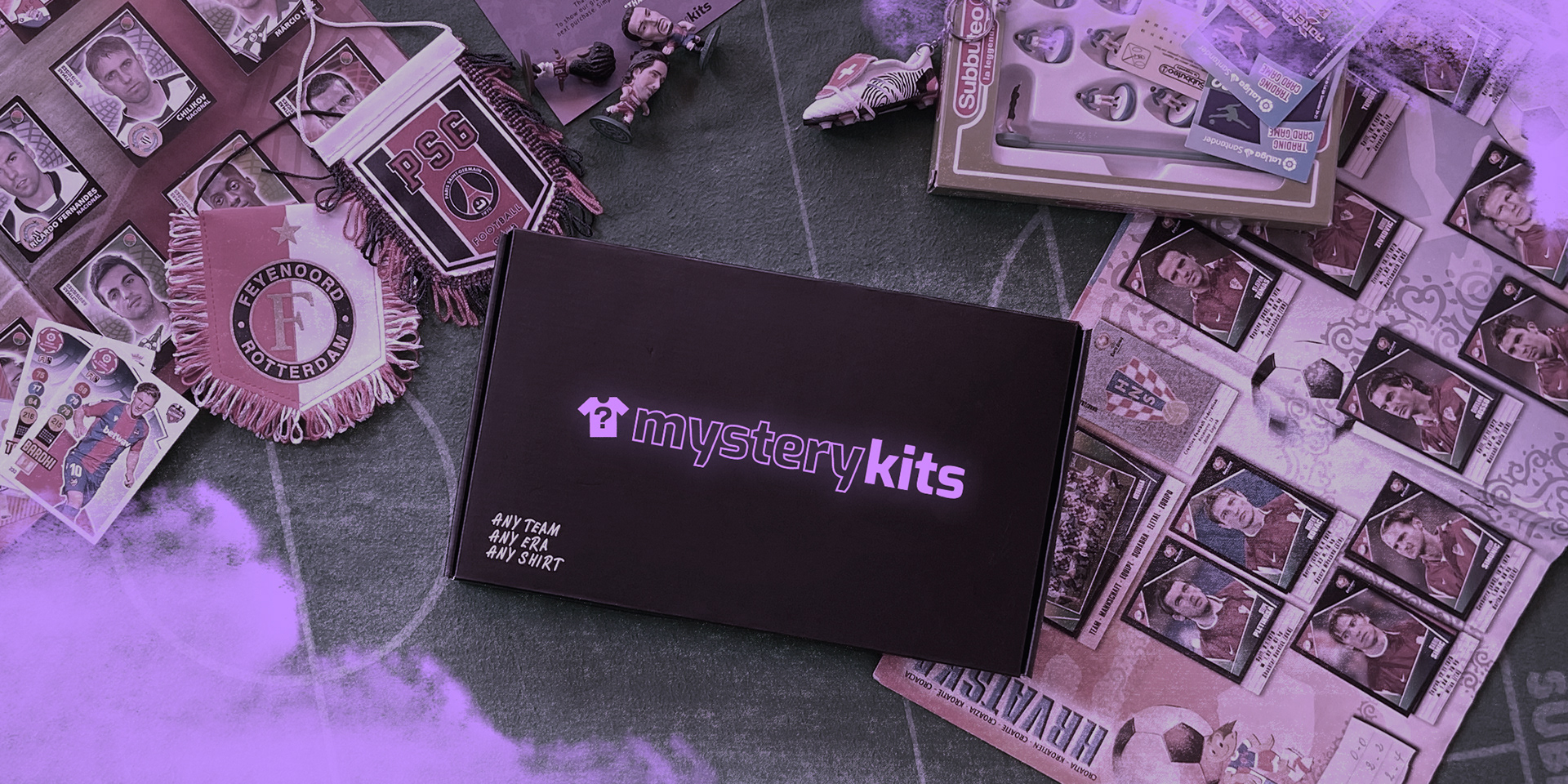
In order to sell products online with Mystery Kits, I needed to build a website with an online store. Shopify was there to provide a simple and user-friendly solution without any long-term commitment - perfect for this experimental business venture! Paired with an Instagram page and a business email it gave me everything I needed to get started.
I set up all the basics: an attractive landing page, a custom domain, a contact form, different payment methods, customer reviews, product pictures, size and quantity options, etc. My familiarity with the different Adobe Creative Cloud applications came in handy when designing the Mystery Kits logo and branding, a matching website, and social media content. Since Mystery Kits is all about the suspense and mystery of "unboxing the unknown", purple and black seemed like a fitting color palette. I decided that I wanted to have the first 10 weeks of content fully designed and planned out before launch day, giving me some extra time to focus on incoming orders and fixing potential issues later on.
I set up all the basics: an attractive landing page, a custom domain, a contact form, different payment methods, customer reviews, product pictures, size and quantity options, etc. My familiarity with the different Adobe Creative Cloud applications came in handy when designing the Mystery Kits logo and branding, a matching website, and social media content. Since Mystery Kits is all about the suspense and mystery of "unboxing the unknown", purple and black seemed like a fitting color palette. I decided that I wanted to have the first 10 weeks of content fully designed and planned out before launch day, giving me some extra time to focus on incoming orders and fixing potential issues later on.
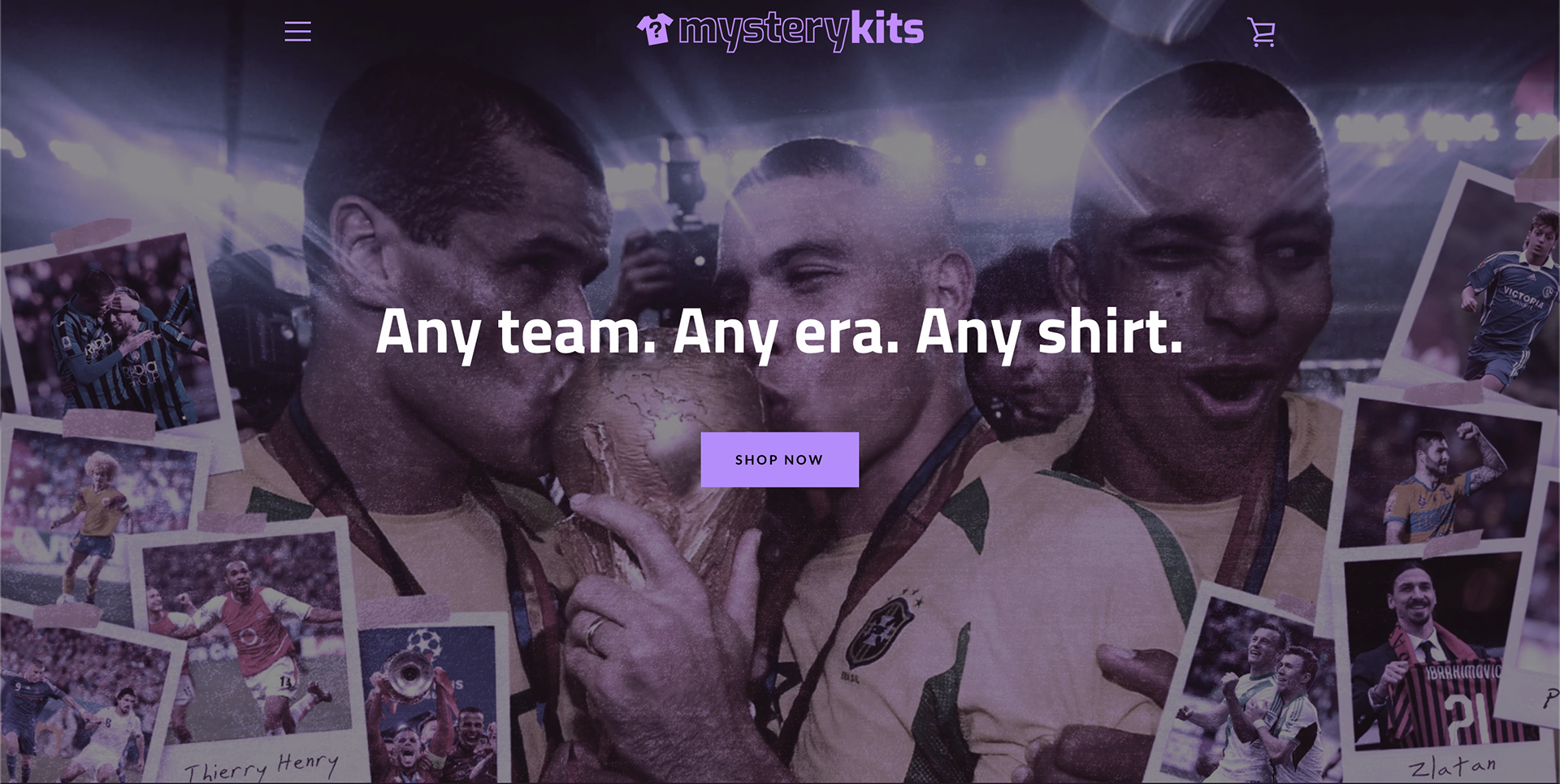
Once everything was set up, the next step was to make people aware of the existence of Mystery Kits and get some orders…
Have you ever ordered anything from an Instagram page with 36 followers? Neither have I.
That’s why the first priority was to build a small but respectable following on social media so that people would perceive Mystery Kits as a legitimate and trustworthy business. Giving away the newly released Jordan X PSG jersey was the perfect way to start off with a bang and attract an initial following. From there on out, collaborations with football-themed pages turned out to be the way to go. I created a spreadsheet of around 50 potential partners listing their engagement rate, follower count, and audience insights. Based on this, I identified the most attractive pages and got in touch with them regarding a potential partnership. Most page owners agreed to be sent a free Mystery Kit in exchange for promotion on their page - a brilliant deal for us! Here is a real example of just how effective these partnerships turned out to be:
• Page details: 25.000 followers mainly from Germany/Austria; Engagement rate of 19.92
• Promotion type: Unboxing of our product in Instagram Story with a link to our profile
• Expenses: 20 euros (free shirt sent to page owner)
• Sales generated: 〜1.000 Euros (x50 ROI) + hundreds of new social media followers
Using this strategy, I was able to sell practically all of my inventory at any given moment. Beyond this, some basic email marketing to existing customers was really the only marketing activity I engaged in. People loved the concept and affordability of Mystery Kits and kept organically coming back to order more shirts and a growing Instagram community of 1,000+ followers gave Mystery Kits some vital credibility.
Have you ever ordered anything from an Instagram page with 36 followers? Neither have I.
That’s why the first priority was to build a small but respectable following on social media so that people would perceive Mystery Kits as a legitimate and trustworthy business. Giving away the newly released Jordan X PSG jersey was the perfect way to start off with a bang and attract an initial following. From there on out, collaborations with football-themed pages turned out to be the way to go. I created a spreadsheet of around 50 potential partners listing their engagement rate, follower count, and audience insights. Based on this, I identified the most attractive pages and got in touch with them regarding a potential partnership. Most page owners agreed to be sent a free Mystery Kit in exchange for promotion on their page - a brilliant deal for us! Here is a real example of just how effective these partnerships turned out to be:
• Page details: 25.000 followers mainly from Germany/Austria; Engagement rate of 19.92
• Promotion type: Unboxing of our product in Instagram Story with a link to our profile
• Expenses: 20 euros (free shirt sent to page owner)
• Sales generated: 〜1.000 Euros (x50 ROI) + hundreds of new social media followers
Using this strategy, I was able to sell practically all of my inventory at any given moment. Beyond this, some basic email marketing to existing customers was really the only marketing activity I engaged in. People loved the concept and affordability of Mystery Kits and kept organically coming back to order more shirts and a growing Instagram community of 1,000+ followers gave Mystery Kits some vital credibility.
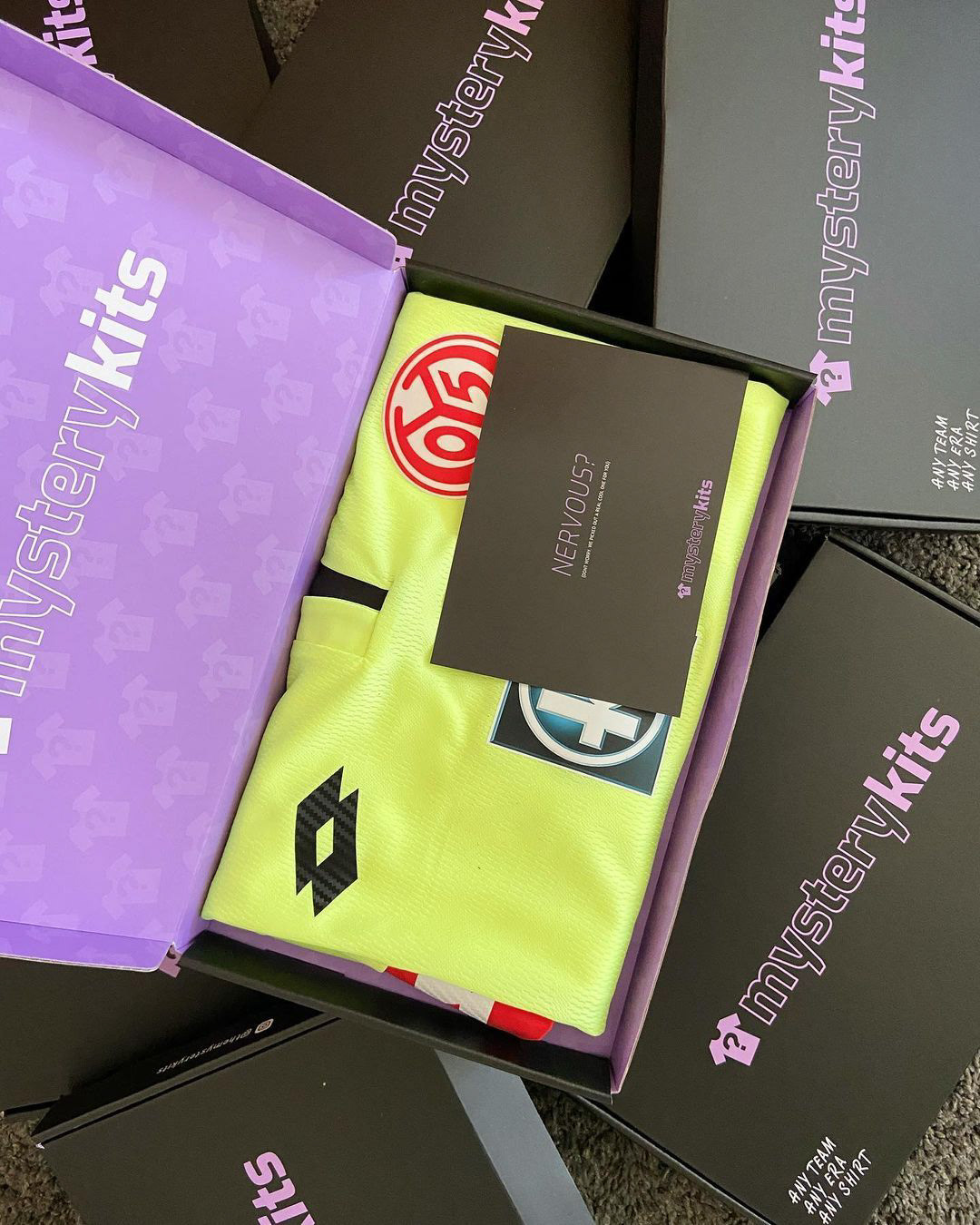
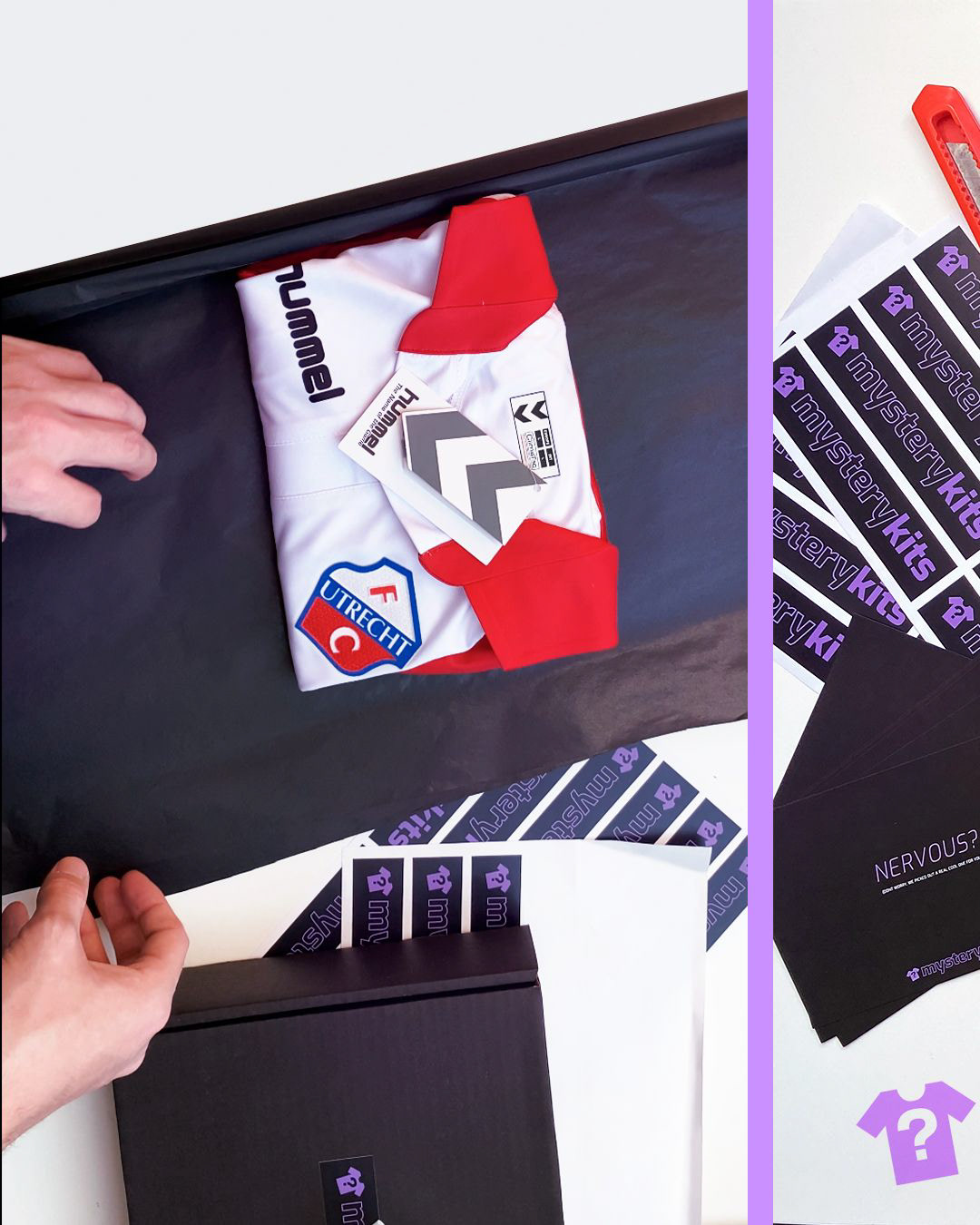
The concept of Mystery Kits is simple - you order a shirt in your size and you receive a random football kit from anywhere around the world. The most important aspect of the whole mystery box concept is the moment the customer’s new shirt is revealed to them during the unboxing. This experience needs to be filled with excitement and wonder, similar to opening your Christmas gifts or Panini packs as a kid.
I designed some custom packaging to complement the unboxing experience and make it moment as special as possible. A seemingly small detail that turned out to be a game-changer was adding a discount code at the bottom of each box. It turns out that over 50% of the orders using this discount code were from first-time customers who had never ordered a shirt before and therefore had no way of knowing the code. It seems that friends/family handing them a discount code that was not intended for them served as a great incentive for new customers to make their first order. Perhaps they felt that they were "tricking" the business when in reality this was exactly how it was intended to work.
Probably the toughest challenge of this project was finding football shirts. The low price of Mystery Kits products was driven by my goal to make authentic football shirts accessible to anyone and heavily restricted how much I could pay for shirts. Although useful initially, eBay and sports outlets were not sustainable solutions in the long run. To my surprise, quite a few major clubs from Belgium, Romania, and smaller Italian, German, and Spanish sides were willing to hand over unsold jerseys from previous seasons at a reasonable price when I contacted their fan shop directly, and so the inventory started to fill up with a diverse set of jersey from European clubs including RSC Anderlecht (Belgium), CFR Cluj (Romania), and Albacete Balompié (Spain).
I designed some custom packaging to complement the unboxing experience and make it moment as special as possible. A seemingly small detail that turned out to be a game-changer was adding a discount code at the bottom of each box. It turns out that over 50% of the orders using this discount code were from first-time customers who had never ordered a shirt before and therefore had no way of knowing the code. It seems that friends/family handing them a discount code that was not intended for them served as a great incentive for new customers to make their first order. Perhaps they felt that they were "tricking" the business when in reality this was exactly how it was intended to work.
Probably the toughest challenge of this project was finding football shirts. The low price of Mystery Kits products was driven by my goal to make authentic football shirts accessible to anyone and heavily restricted how much I could pay for shirts. Although useful initially, eBay and sports outlets were not sustainable solutions in the long run. To my surprise, quite a few major clubs from Belgium, Romania, and smaller Italian, German, and Spanish sides were willing to hand over unsold jerseys from previous seasons at a reasonable price when I contacted their fan shop directly, and so the inventory started to fill up with a diverse set of jersey from European clubs including RSC Anderlecht (Belgium), CFR Cluj (Romania), and Albacete Balompié (Spain).
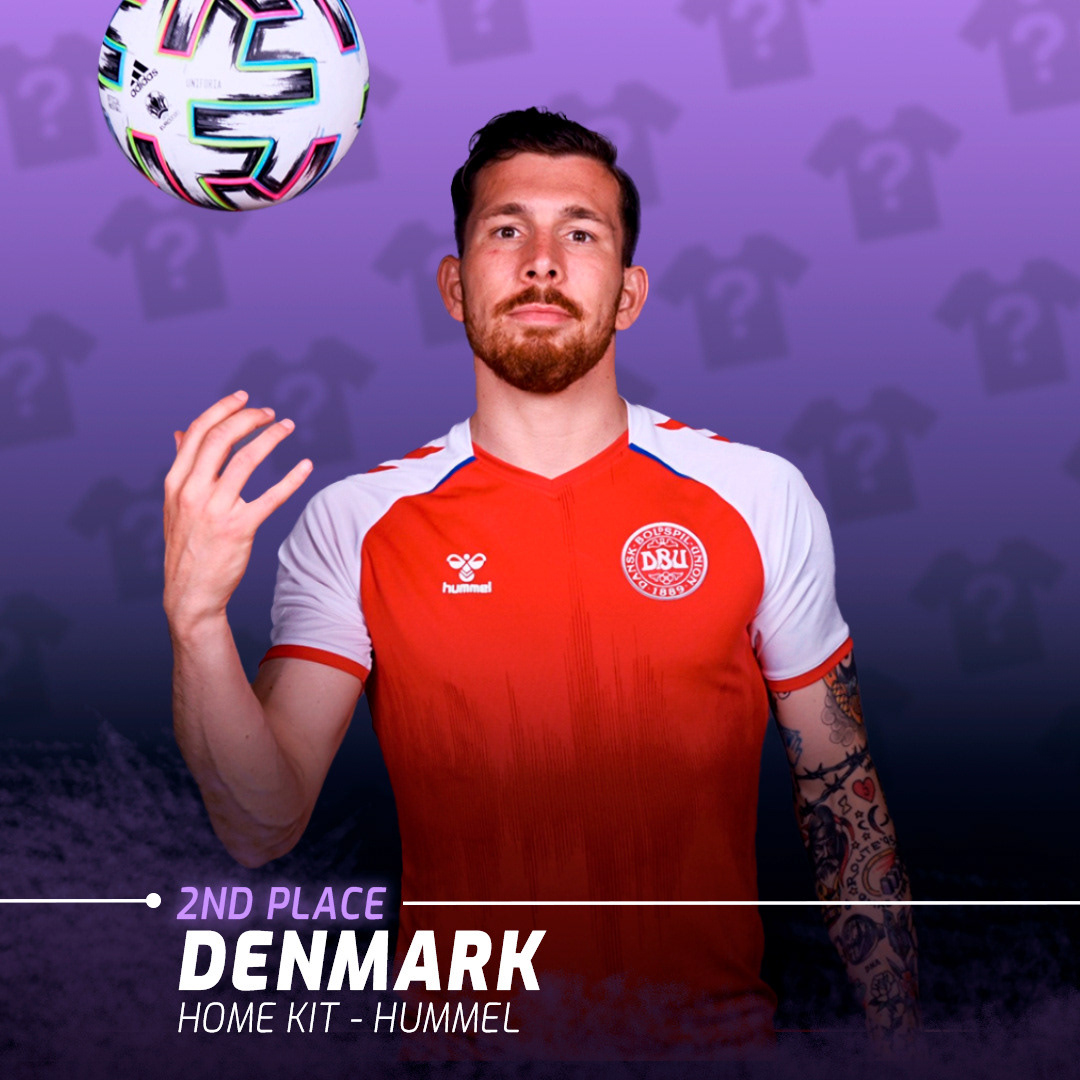
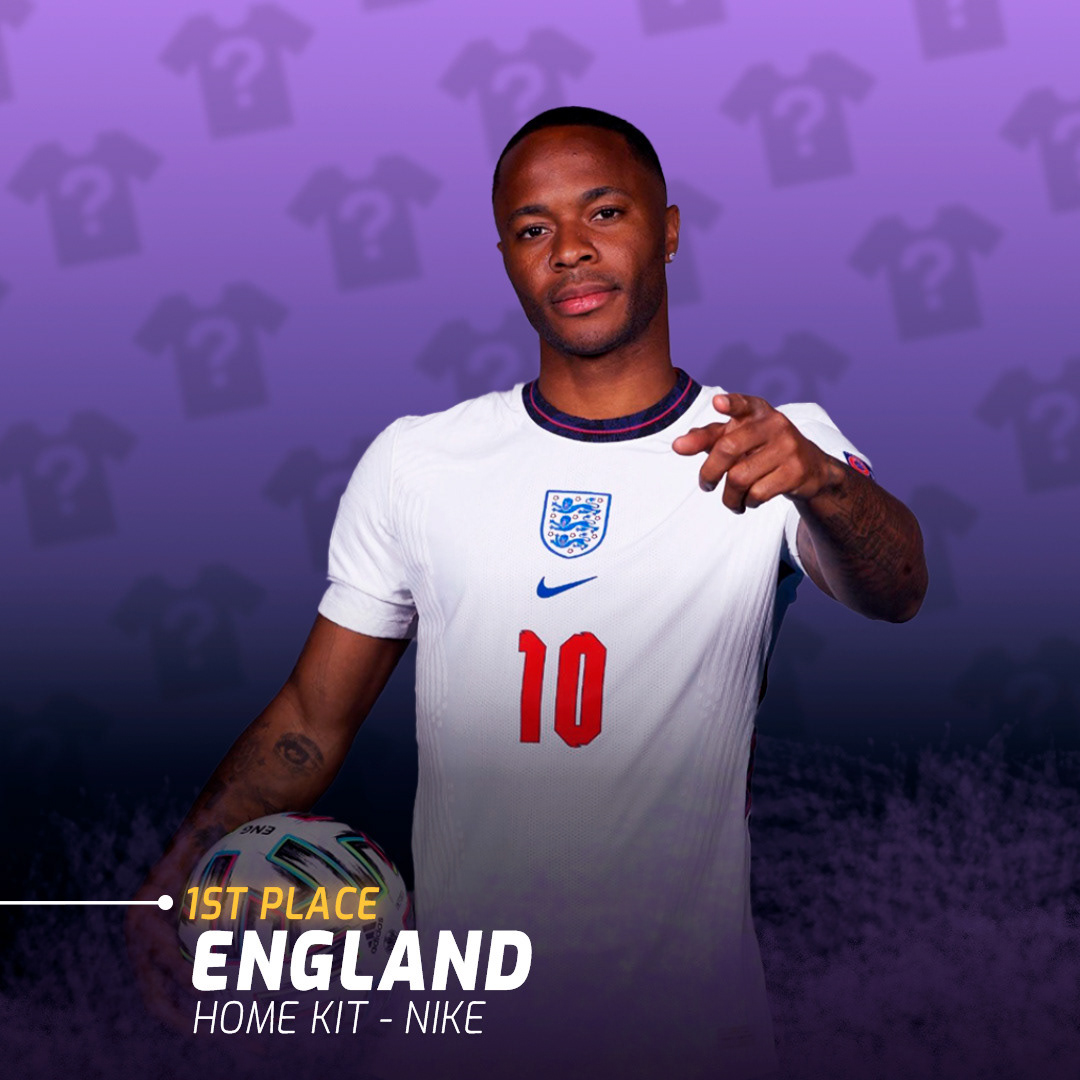
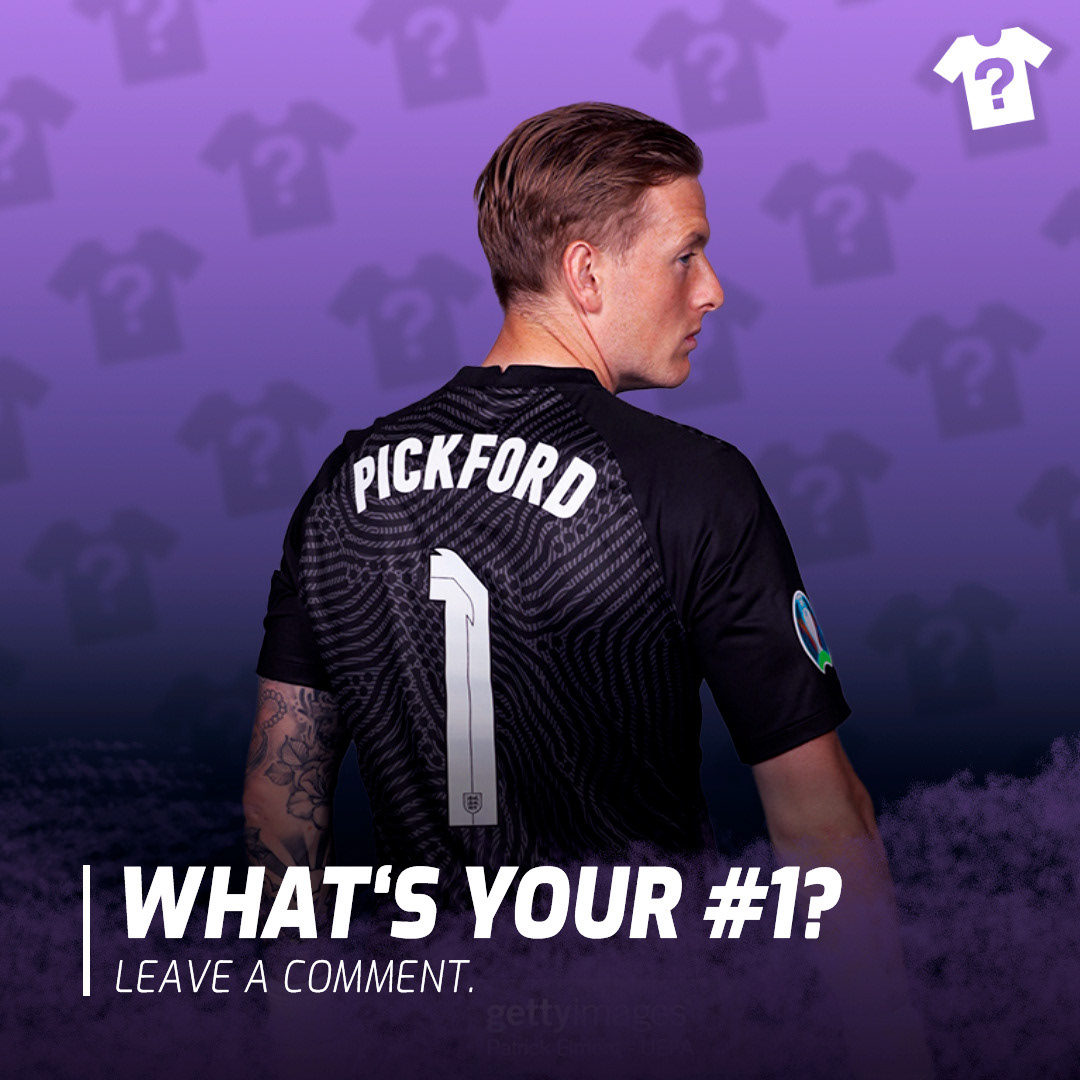
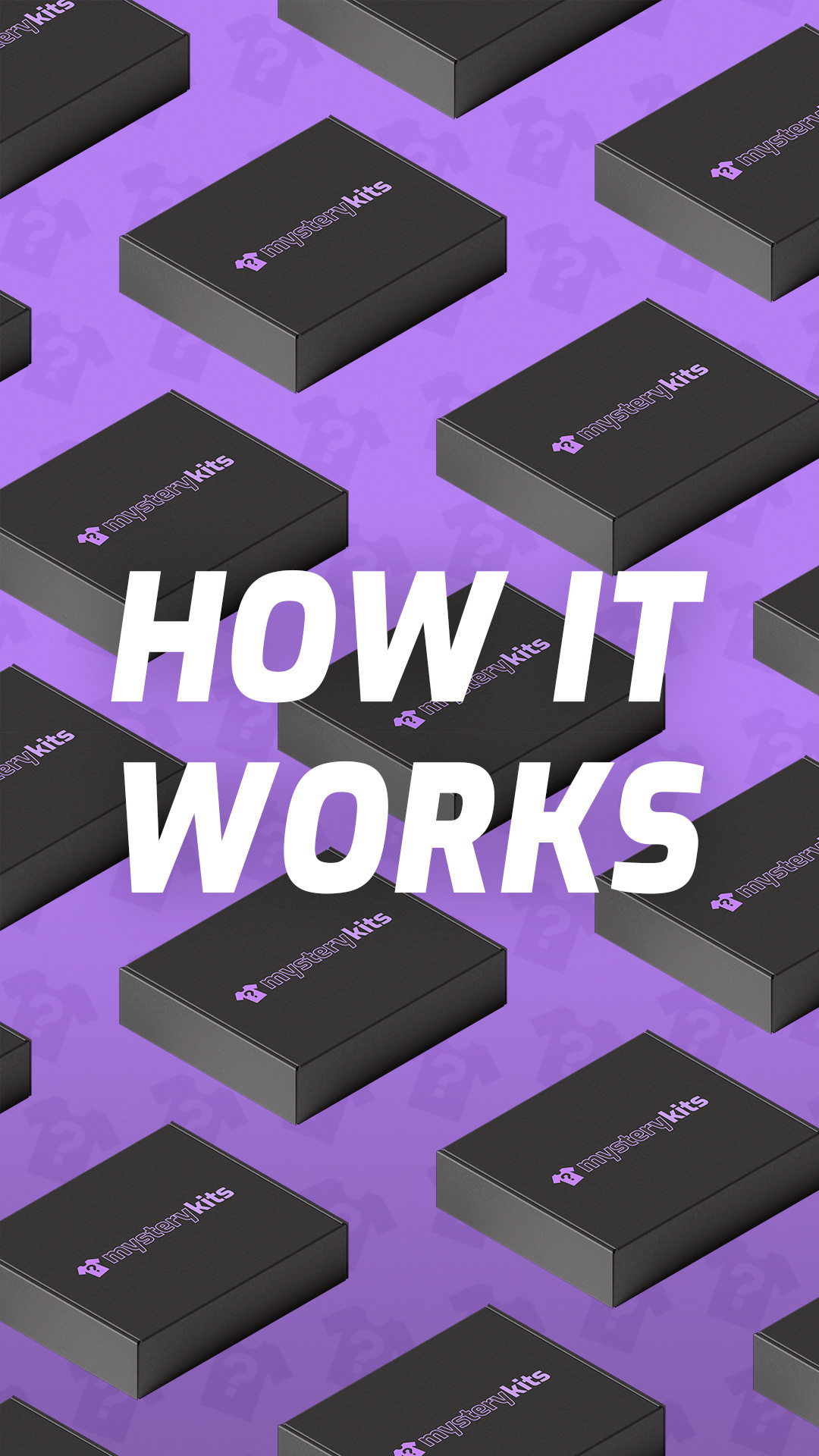

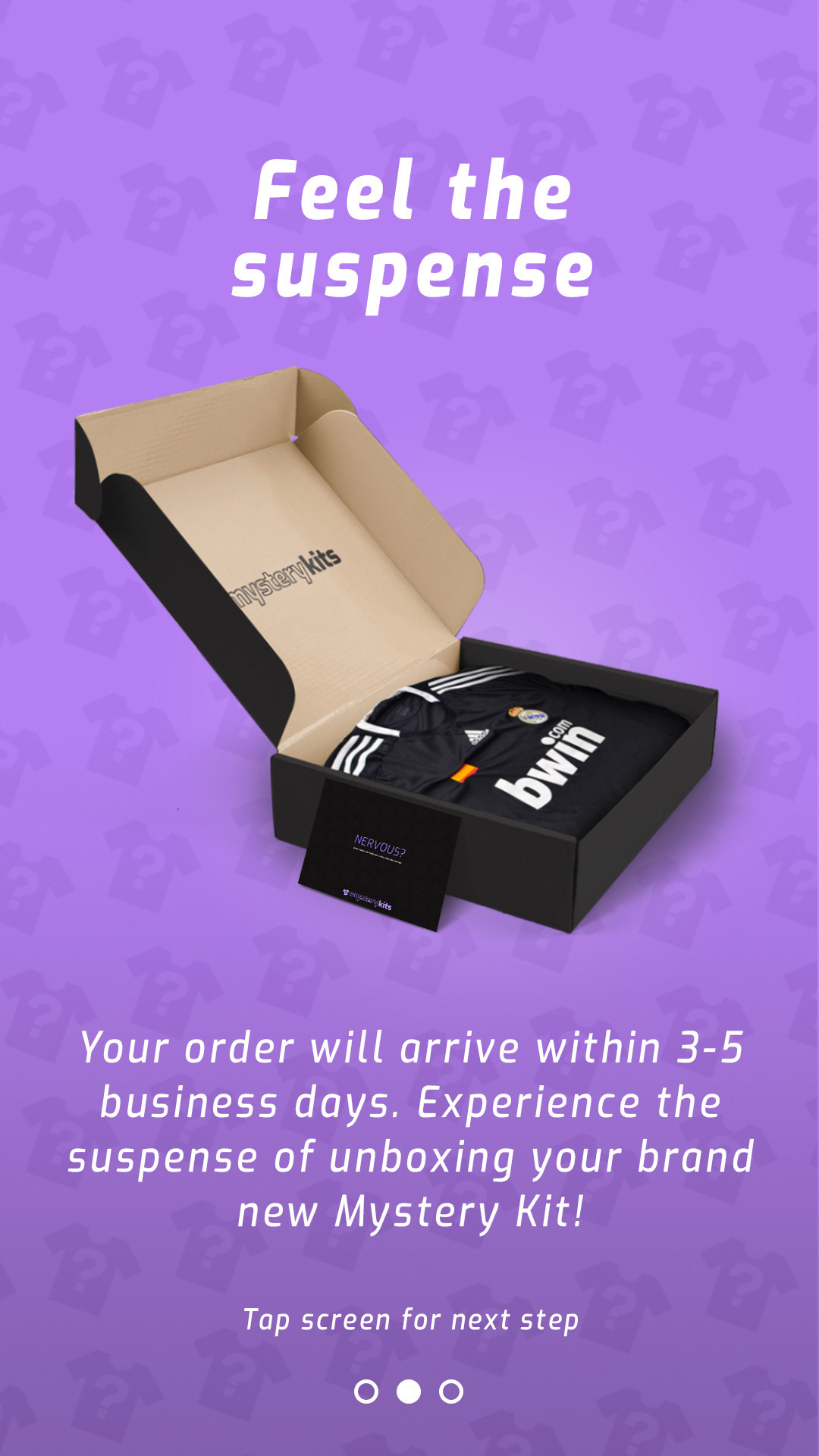
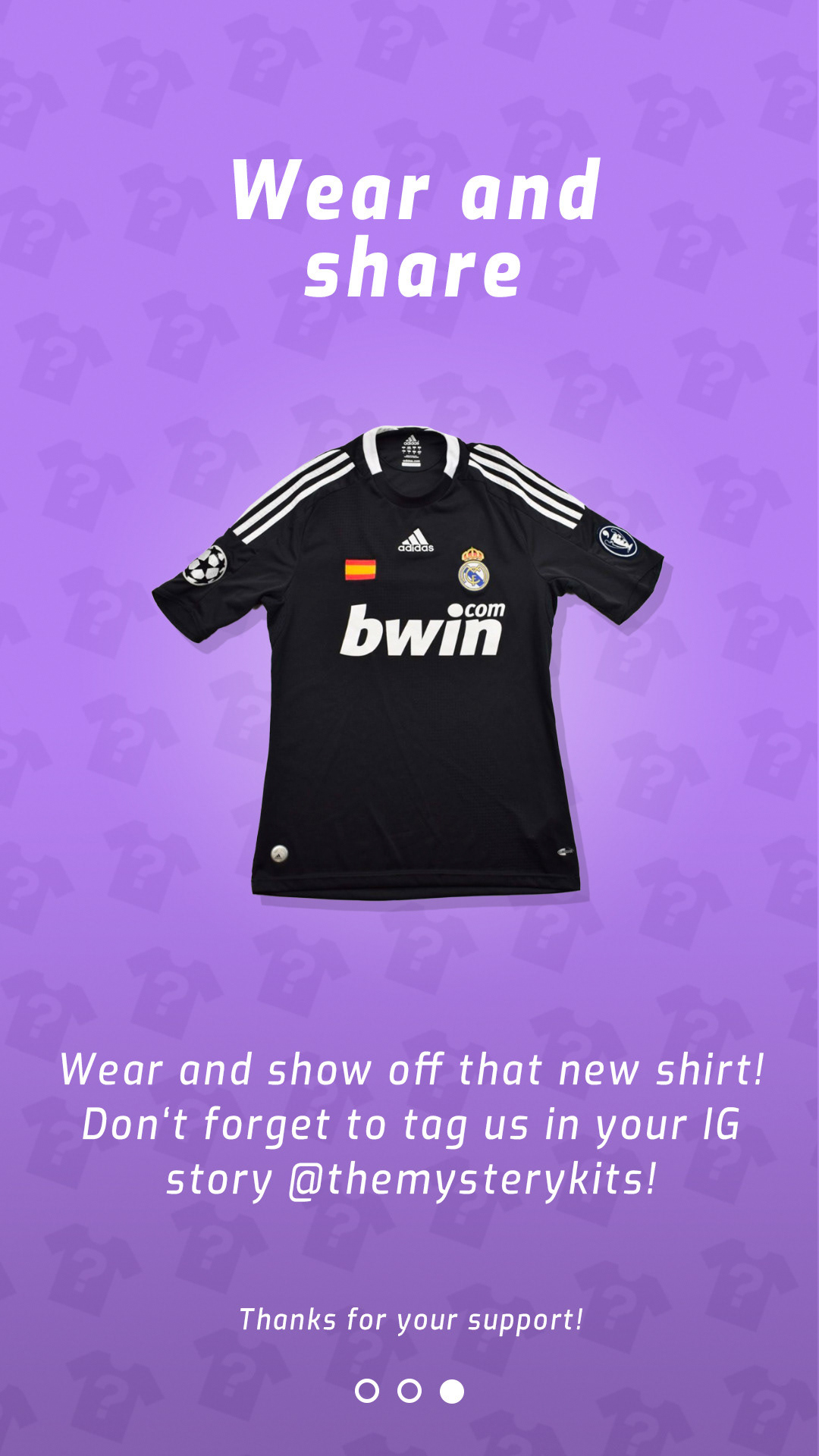
Here is an overview of what was achieved at Mystery Kits:
- Profit margin of 47.3%
- Returning customer rate of 15%
- Tens of thousands of website sessions from 84 different countries (Top 5: Germany, USA, UK, France, Luxembourg)
- Conversion rate of around 4%
- Average customer review rating of 4.82/5
All of this was achieved without any third-party/external help. Social media, inventory, marketing, customer support, packaging, shipping, finances, etc. were all quite successfully managed by myself alongside my studies and jobs.
My key takeaways were the following:
1) An idea doesn’t need to be unique or revolutionary in order to be a success. There were plenty of businesses out there with similar concepts to Mystery Kits, but I felt like they weren’t making the most of it and that I could do better.
2) Selling a physical product involves a lot of not-so-fun tasks like folding boxes, packaging, printing labels, and shipping which take up much more time than I anticipated. Digital products (online courses, NFT‘s, etc.) seem to be the way to go if you’re low on manpower and are likely going to be my next business venture.
3) Starting a relatively successful business is easy. If it hadn’t been for the lack of supply of inventory, I could easily be making a living with this extremely simple, single-product business.
All things considered, Mystery Kits was a huge success! Getting orders proved to be much easier than I had anticipated. People seemed to love the concept, and the low price tag paired with minimal marketing was sufficient to sell out on a regular basis. Ultimately, the lack of a continuous supply of inventory items at low prices is what hindered the scalability of Mystery Kits, but I feel more than capable of using what I learned and applying it to a new, larger-scale venture!
- Profit margin of 47.3%
- Returning customer rate of 15%
- Tens of thousands of website sessions from 84 different countries (Top 5: Germany, USA, UK, France, Luxembourg)
- Conversion rate of around 4%
- Average customer review rating of 4.82/5
All of this was achieved without any third-party/external help. Social media, inventory, marketing, customer support, packaging, shipping, finances, etc. were all quite successfully managed by myself alongside my studies and jobs.
My key takeaways were the following:
1) An idea doesn’t need to be unique or revolutionary in order to be a success. There were plenty of businesses out there with similar concepts to Mystery Kits, but I felt like they weren’t making the most of it and that I could do better.
2) Selling a physical product involves a lot of not-so-fun tasks like folding boxes, packaging, printing labels, and shipping which take up much more time than I anticipated. Digital products (online courses, NFT‘s, etc.) seem to be the way to go if you’re low on manpower and are likely going to be my next business venture.
3) Starting a relatively successful business is easy. If it hadn’t been for the lack of supply of inventory, I could easily be making a living with this extremely simple, single-product business.
All things considered, Mystery Kits was a huge success! Getting orders proved to be much easier than I had anticipated. People seemed to love the concept, and the low price tag paired with minimal marketing was sufficient to sell out on a regular basis. Ultimately, the lack of a continuous supply of inventory items at low prices is what hindered the scalability of Mystery Kits, but I feel more than capable of using what I learned and applying it to a new, larger-scale venture!
